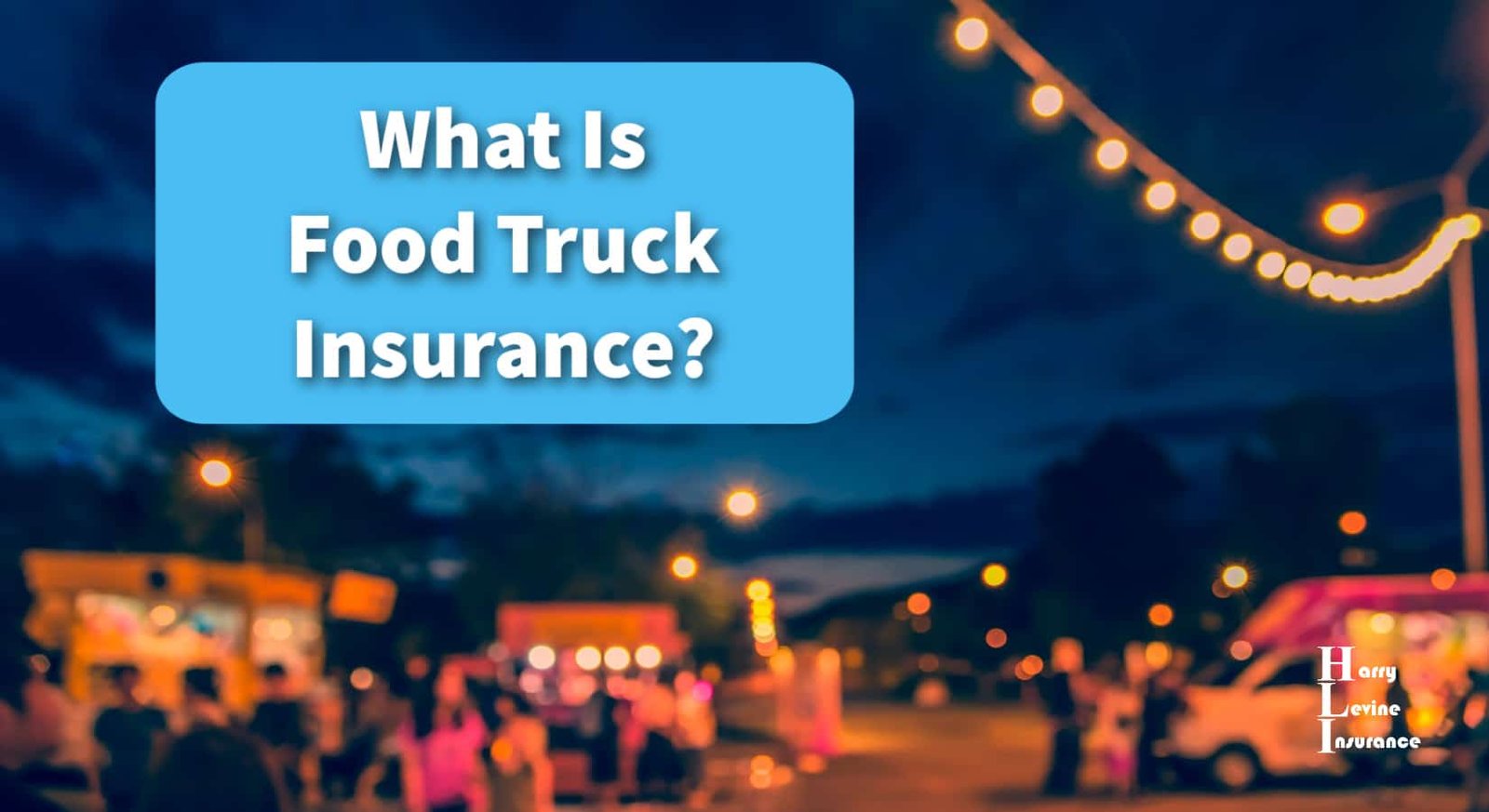One of the main reasons why food business insurance is important is because it provides coverage for potential foodborne illnesses. In the food industry, there is always a risk of contamination or mishandling of ingredients, which can lead to customers falling ill. If a customer were to get sick after consuming your food, they could potentially sue your business for damages. Food business insurance can help cover the costs of legal fees, medical expenses, and any settlements that may arise from such incidents.
Accidents in the kitchen are another common risk that food businesses face. Whether it’s a slip and fall, burns from hot surfaces, or cuts from sharp knives, accidents can happen at any time. These incidents can not only result in injuries to your employees but also lead to lawsuits and compensation claims. Having the right insurance coverage can help protect your business from the financial burden of these accidents by covering medical expenses, legal fees, and any settlements that may be required.
Furthermore, food business insurance can also provide coverage for property damage. Your business may have valuable equipment, such as ovens, refrigerators, and cooking utensils, that are essential for your operations. In the event of a fire, flood, or theft, these items can be damaged or stolen, leading to significant financial losses. With the right insurance policy, you can ensure that your business is protected and that you can recover quickly from such incidents without incurring substantial costs.
Additionally, food business insurance can also offer coverage for business interruption. If your business is forced to temporarily close due to unforeseen circumstances, such as a natural disaster or a government-mandated shutdown, you may experience a loss of income. This loss can be detrimental to your business’s financial stability and may even result in permanent closure. However, with the right insurance coverage, you can receive compensation for the income you would have earned during the closure period, helping you stay afloat until you can resume operations.
In conclusion, food business insurance is a crucial investment for any food business owner. It provides protection against potential foodborne illnesses, accidents in the kitchen, property damage, and business interruption. By having the right insurance coverage, you can safeguard your investment, ensure the well-being of your employees and customers, and secure the long-term success of your food business.
The Basics of Food Business Insurance
Food business insurance is a specialized type of insurance coverage designed to address the unique risks faced by establishments in the food industry. It provides financial protection against a range of potential liabilities, such as property damage, bodily injury, product recalls, and lawsuits.
Here are some key types of insurance coverage that are commonly included in food business insurance policies:
1. General Liability Insurance
General liability insurance is the foundation of any food business insurance policy. It covers third-party claims for bodily injury, property damage, and personal injury. For example, if a customer slips and falls in your restaurant or suffers from food poisoning after consuming your products, general liability insurance would help cover the medical expenses and legal costs associated with the incident.
2. Product Liability Insurance
Product liability insurance is essential for businesses that manufacture, distribute, or sell food products. It provides coverage in case a product you sell causes illness or injury to a consumer. This type of insurance can help cover legal fees, medical expenses, and potential settlements or judgments.
3. Property Insurance
Property insurance protects your physical assets, such as your building, equipment, and inventory, against damage or loss caused by fire, theft, vandalism, or natural disasters. It can also cover the cost of repairs or replacement, allowing you to quickly get back on your feet after an unfortunate event.
4. Business Interruption Insurance
Business interruption insurance provides coverage for lost income and ongoing expenses in the event that your food business is temporarily unable to operate due to a covered peril, such as a fire or a natural disaster. It can help you cover rent, employee wages, and other fixed costs while your business is being restored.
5. Workers’ Compensation Insurance
Workers’ compensation insurance is required in most states and provides benefits to employees who are injured or become ill while performing their job duties. In the food industry, where accidents in the kitchen are not uncommon, having this coverage is essential to protect both your employees and your business.
Aside from these key types of insurance coverage, food business insurance policies may also include additional coverage options tailored to the specific needs of the industry. For example, spoilage coverage can be included to protect against the financial losses incurred due to the spoilage of perishable food items. Equipment breakdown coverage can be added to provide financial protection in the event of a mechanical or electrical breakdown of essential equipment, such as refrigeration units or cooking appliances.
It’s important for food business owners to carefully assess their insurance needs and work with a knowledgeable insurance agent or broker to customize a policy that adequately protects their business. By having the right insurance coverage in place, food businesses can mitigate potential risks and ensure the long-term success and sustainability of their operations.
Benefits of Food Business Insurance
Investing in food business insurance offers several important benefits that can safeguard your financial well-being and the future of your enterprise. Here are some key advantages:
1. Financial Protection
Food business insurance provides financial protection against unexpected events that could otherwise result in significant financial losses. Whether it’s a customer injury, property damage, or a product recall, having the right insurance coverage can help mitigate the financial impact and ensure that your business remains financially stable.
2. Peace of Mind
Running a food business is already a complex endeavor, and the last thing you want is to constantly worry about potential risks and liabilities. By having food business insurance in place, you can have peace of mind knowing that you are protected against unforeseen circumstances and can focus on growing your business.
3. Legal Compliance
Many types of food business insurance, such as workers’ compensation insurance, are required by law in most states. By obtaining the necessary insurance coverage, you can ensure that your business is compliant with legal requirements and avoid potential fines or penalties.
4. Enhanced Credibility
Having food business insurance demonstrates to your customers, suppliers, and partners that you are a responsible and reliable business owner. It can enhance your credibility and reputation in the industry, which can be invaluable for attracting new customers and building long-term relationships.
5. Business Continuity
In the event of an unforeseen incident, such as a fire or a natural disaster, having the right insurance coverage can help you get back on your feet more quickly. With the financial support provided by insurance, you can cover repair costs, replace damaged equipment, and continue your operations with minimal disruption.
Moreover, food business insurance can also provide coverage for business interruption. This means that if your business is forced to temporarily close due to a covered event, such as a fire or a power outage, your insurance policy can compensate you for the lost income during the closure. This can be crucial in helping you meet your financial obligations and maintain the stability of your business during challenging times.
Additionally, food business insurance can offer protection against liability claims arising from foodborne illnesses or allergic reactions. If a customer falls ill or experiences an allergic reaction after consuming your products, they may hold your business responsible and file a lawsuit. Having liability insurance can help cover the legal fees, settlements, or judgments associated with such claims, protecting your business from potentially devastating financial consequences.
Furthermore, food business insurance can provide coverage for equipment breakdown. In the food industry, equipment plays a vital role in the production and preparation of food. If a key piece of equipment breaks down, it can disrupt your operations and lead to financial losses. With equipment breakdown insurance, you can receive compensation for the repair or replacement of damaged equipment, minimizing the impact on your business.
In conclusion, investing in food business insurance is essential for protecting your financial well-being and the future of your enterprise. It offers financial protection, peace of mind, legal compliance, enhanced credibility, and ensures business continuity. Additionally, it can provide coverage for business interruption, liability claims, and equipment breakdown, further safeguarding your business against potential risks and liabilities.
Choosing the Right Food Business Insurance
When it comes to selecting food business insurance, it’s important to work with a reputable insurance provider who understands the unique risks and needs of the food industry. Here are some key factors to consider:
1. Coverage Options
Ensure that the insurance policy you choose provides comprehensive coverage for the specific risks faced by your food business. Consider factors such as the size of your operation, the types of products you sell, and the specific liabilities you may be exposed to.
For example, if you own a restaurant, you may need coverage for general liability, property damage, food contamination, and liquor liability if you serve alcohol. On the other hand, if you run a food manufacturing business, you may require coverage for product liability, equipment breakdown, and business interruption.
2. Policy Limits
Review the policy limits to ensure that they are sufficient to cover potential losses. Inadequate coverage limits could leave you vulnerable to financial strain in the event of a significant incident.
Consider the value of your assets, such as equipment, inventory, and property, as well as the potential costs of legal claims and lawsuits. It’s important to strike a balance between adequate coverage and affordability.
3. Deductibles
Understand the deductibles associated with the insurance policy. A deductible is the amount you are responsible for paying out of pocket before the insurance coverage kicks in. Make sure the deductibles are affordable for your business.
For instance, if you have a high deductible, your insurance premiums may be lower, but you’ll need to pay a larger amount upfront in the event of a claim. On the other hand, a lower deductible may result in higher premiums but provide more financial protection.
4. Reputation and Financial Stability
Research the reputation and financial stability of the insurance provider. Look for companies with a strong track record of customer satisfaction and prompt claims settlement.
You can check online reviews and ratings from other business owners in the food industry to gauge the insurer’s reputation. Additionally, consider the insurer’s financial strength rating from independent rating agencies to ensure they have the financial resources to pay claims.
5. Additional Services
Consider any additional services or resources offered by the insurance provider. Some insurers may offer risk management tools, safety training programs, or access to legal advice, which can be valuable for your food business.
These additional services can help you mitigate risks, improve safety practices, and navigate legal issues. They can also provide peace of mind knowing that you have a partner who is invested in your business’s success.
By carefully considering these factors, you can choose the right food business insurance that provides the necessary coverage and support to protect your business from potential risks and liabilities.






